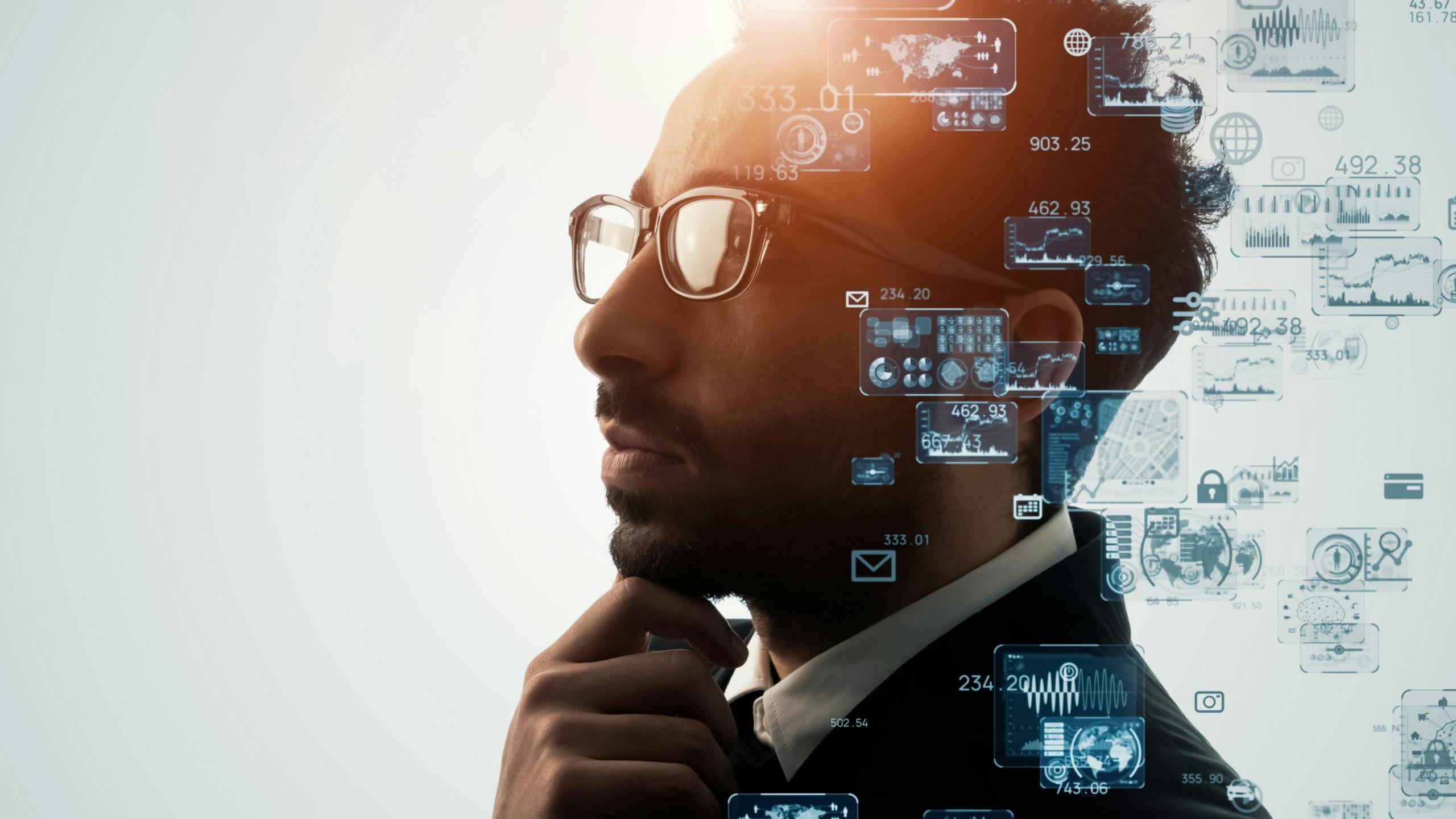Is technology to blame for poor mental health?
We have a love hate relationship with technology. We are so grateful that we are able to accomplish so much within such a short amount of time… and we are so stressed that we are able to get so much accomplished in such a short amount of time!
As burnout, stress, and mental and physical health conditions are on the rise, many people are pointing to the most obvious scapegoat—invasive and pervasive technologies. But is it too easy to blame the recent rise in mental health conditions on technology?
Short answer is yes… and no.
Camp 1: Yes! I blame technology for our poor mental and physical health.
- Increased efficiency equals increased workload: Whereas before we could only arrange for the meetings in certain geographies, now we can meet with anyone from anywhere at any time. That means what would have been 2-3 in-person meetings in a day, is now 8++ hours of meetings in a day with the follow-ups and emails to be done during times when people are not online, which is code for after working hours. For those of us who work in the Middle East, the 8 hour day can easily extend to 12-14 hours as we try to serve other regions in the world.
- There are addictive technologies. People jokingly say things like “oh I am so addicted to my phone” or “I can’t live without social media”—without really knowing that they maybe actually struggling with a real addiction. Most people do not realize that there is a real neurochemical, biological and psychological addiction they can develop to their devices and that is because companies are spending billions of dollars in research and development to make sure that we are staying on their App longer. Coders who are versed in neuroscience and psychology are writing the code for the Apps to make sure that they deliver a constant stream of dopamine into our brains, increasing our motivation to use the App more. So what the App developers refer to as ‘increased engagement’ is actually a another word for addiction to the App and disengagement for things that bring us joy a.k.a. dis-ease.
- Addictive and entertaining technologies encourages unhealthy, and passive self-soothing: Physical and mental exhaustion equals passive self-soothing instead of an active and engaged lifestyle: And because people are feeling so tired and depleted, they are more likely to engage in behaviors that are numbing or passive during their downtime and on the weekends. For example, many people who struggle with energy and mood are less likely to make themselves a salad and go to the gym, and more likely to opt for fast food and Netflix or hours of social media scrolling because it requires less energy and makes them feel momentarily better. And while passive self-soothing habits do make a person feel good in the moment, done over a long period of time, and used as the only way to care for oneself can make a person physically and mentally unwell.
Most people do not realise that there is a real neurochemical, biological and psychological addiction they can develop to their devices
Camp 2: No, technology is not to blame, humans need to take responsibility for their health.
- Unconscious use of technology. It is not technology that is the issue but our unconscious use of it. There are people on this planet who have social media, answer their emails, engage in hybrid working, and are able to live healthy, engaged, meaningful lives- which means it is not technology that is the issue but the way it is being used. Most people are engaging in unconscious use of it, versus, conscious, considered, deliberate use that improves their life and productivity, versus takes over their personal and professional life.
- Technology is more than just phones and personal computers and social media. Technology impacts almost every area of our life and has made it easier for us to build cities, create globalization, grow economies, travel, farm, communicate, and do business. Overall technology has improved the quality of life for the majority of the world’s population.
- Technology, when used right, can be a force for good. When used with consciousness it not only makes us more aware but also will help us solve major problems that the world is contending with such as detecting and treating physical and mental health conditions, and help us combat climate change, discrimination, and geopolitical issues. If we ask someone who has a pacemaker in the heart, or someone who is able to walk with a prosthetic leg, or someone’s whose house is being powered by solar panels—whether technology is a force for good or ill, they might have a different answer than an overworked, burnout out executive or a teenager hooked to video games.
John F. Kennedy said, “technology, has no conscience of its own. Whether they become a force for good or ill depends on man.” The reality is that technology has been and will be a common existences in people’s lives, and it will continue to be. The pace of life is going to get faster, connectivity and accessibility will make work and life even more fused. If we are aiming for longevity, and a healthy mind and body, we have to have a relationship with technology where we in control rather than algorithms, codes, and AI. In other words, we have to use technology or technology will use us.
If we take ownership and accountability and are conscious and deliberate about our lifestyle habits and how we spend our days, technology has been and can continue to be a force for good. And if we forget our humanity and keep pushing our mind and our body as we are currently doing, the price for our ‘’advancement” will be our physical and mental health.
